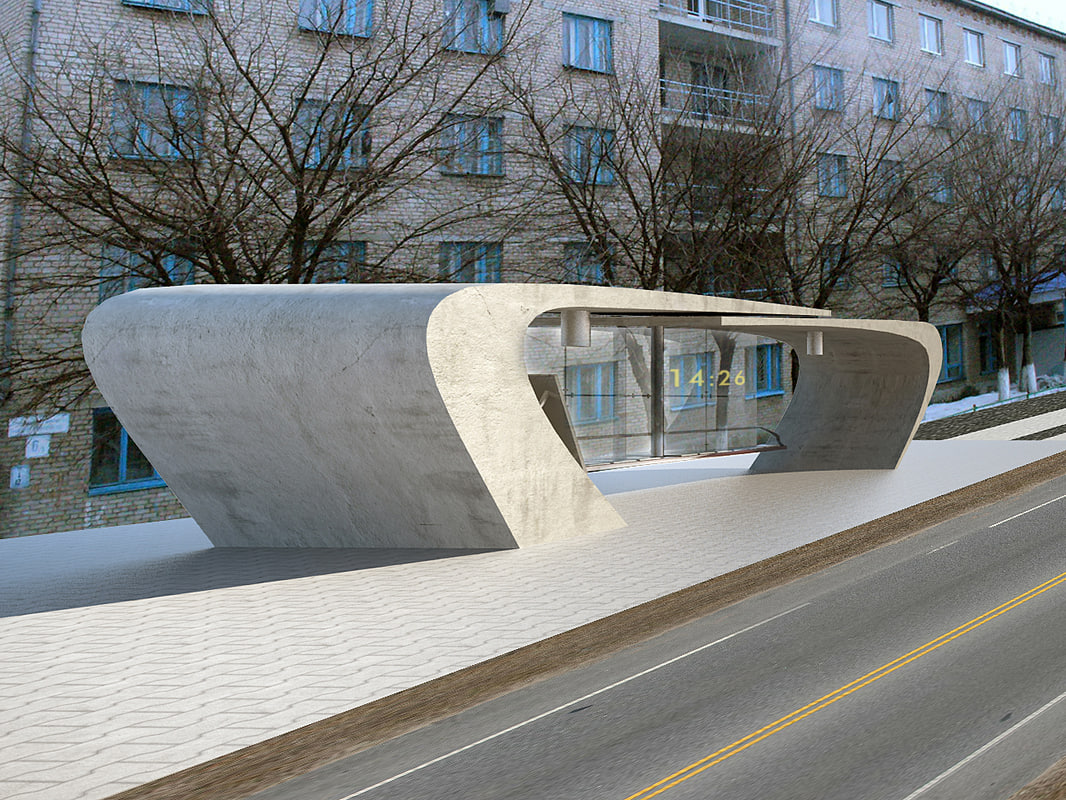
3d bus stop sign design modern model
Each bus stop is unique and the design must consider the site specific context, potential users, roadway and roadside features, and land use context. This resource guide highlights required and desirable bus stop design elements, as well as key factors to consider during the design process. Planners, engineers, landscape architects, and
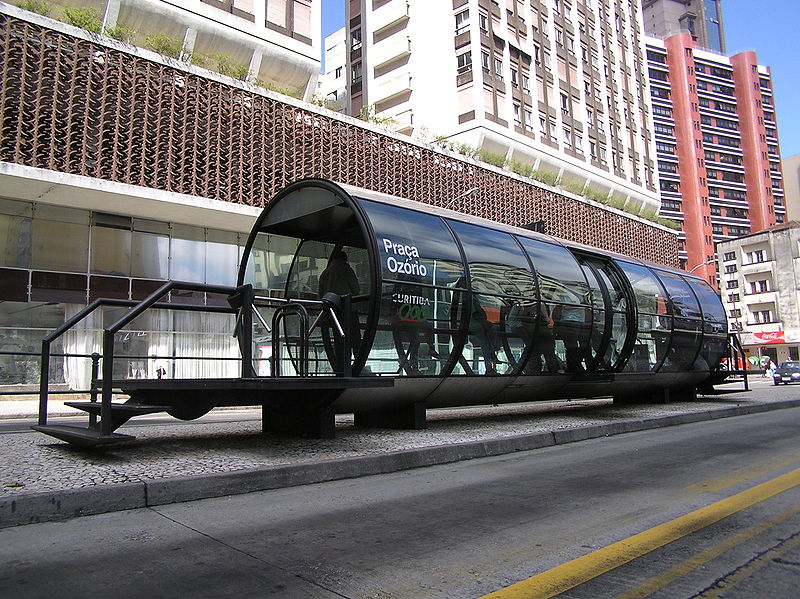
Creative Bus Stop Design
1. Start with good design Design is everything, and the first step to creating a perfect bus stop is starting with good design. This means the stop should be visually appealing and fit in well with its environment. If commuters feel that the bus stop is pleasing to look at, they will be more likely to use it.

BUSSTOP Unveils 7 Unusual Bus Shelters by World Class Architects ArchDaily
2.1 INTRODUCTION 2.2 TRANSIT SYSTEM OVERVIEW 2.3 BUS STOP INSTALLATION AND UPGRADE — HOW DOES IT HAPPEN? 2.4 OBSTACLES TO IMPROVING TRANSIT INFRASTRUCTURE 2.5 BUS STOP MAINTENANCE AND ADVERTISING 3. STREET-SIDE CHARACTERISTICS 3.1 INTRODUCTION 3.2 STOP SPACING 3.3 STOP LOCATING
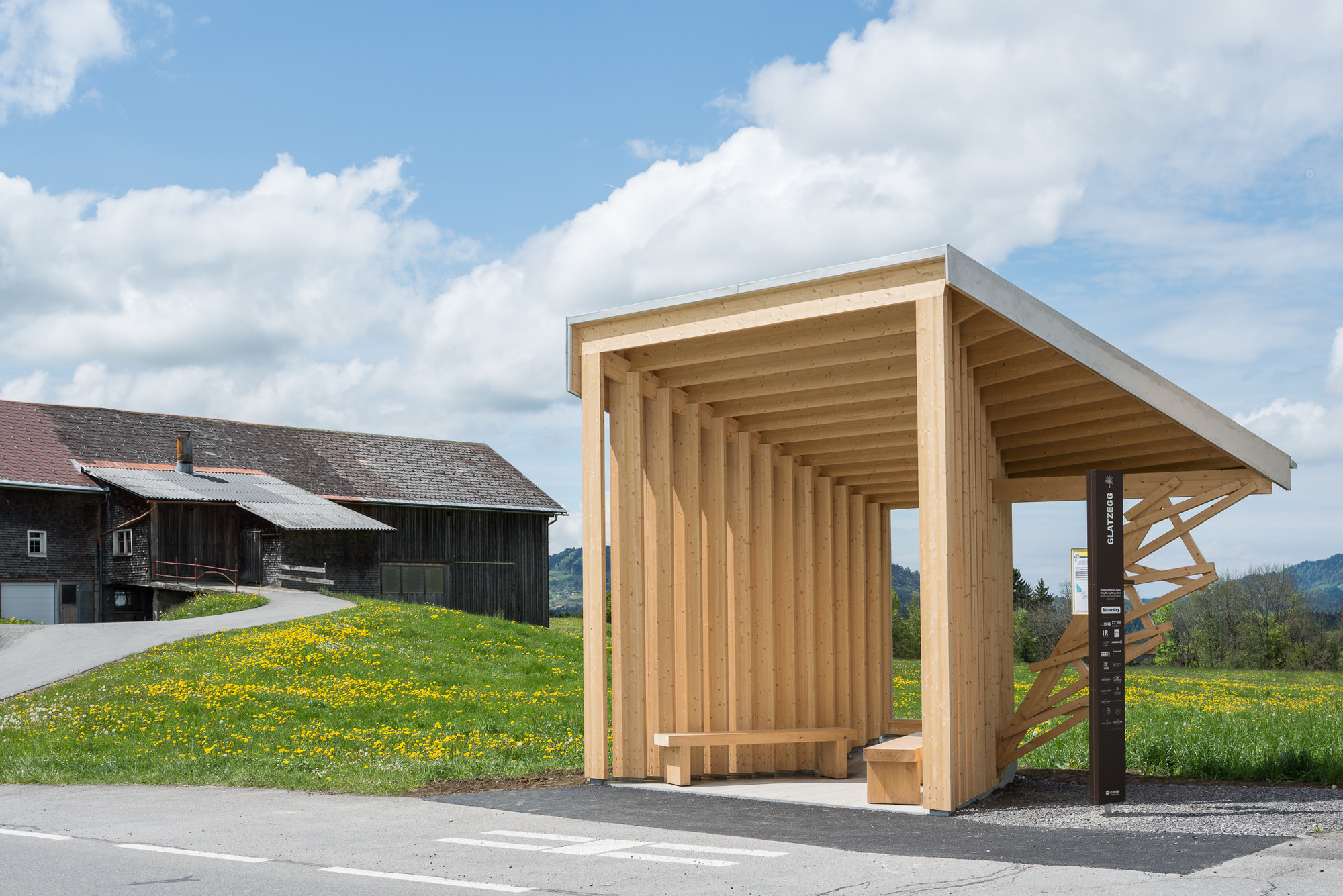
BUSSTOP Unveils 7 Unusual Bus Shelters by World Class Architects ArchDaily
BUS STOP DIMENSIONS AND LAYOUTS Bus stop design begins where the front door of the bus is expected to be. This section covers the clear-distance along (parallel to) the curb and perpendicular to the roadway required at any bus stop in order to provide adequate space for passengers to enter and exit the bus, including passengers using a wheelchair

bus stop design Поиск в Google Bus/ Train Stops Pinterest Bus shelters, Bus station and
How to design and locate bus stops for bus rapid transit (BRT) systems? This document provides recommended practices and guidelines for BRT bus stop planning and design, covering topics such as stop types, spacing, accessibility, amenities, and integration with other modes. Learn from the best practices and examples of BRT bus stops from around the world.

Creative Bus Stop Design
The Transit Design Guidelines document provides design criteria guidelines for use by planners, designers, traffic engineers, and property developers when designing and placing Omnitrans bus stops and transit facilities. The document includes guidance for bus stop placement, bus stop types, minimum requirements, and preferred amenities at bus stops.

Bus Stop Concept Design Shahin Aliyev
The Bus Stop Design Guide is designed to serve as a reference document for many different audiences, including bus passengers, neighborhood associations, elected officials, advocates, real estate developers, transportation planners, bus operators, and anyone who has questions about how and why decisions are made about the location and design of.

Bus Stop Design and Project Management > Geleon Engineers. Managers. Planners.
Bus stop planning and design involves thinking about existing and new stops from both the macro framework of system design and the micro-level of conditions around the transit stop. Many cities and transit agencies have developed internal guidelines to determine the appropriate spacing and design criteria for particular transit routes and stops.
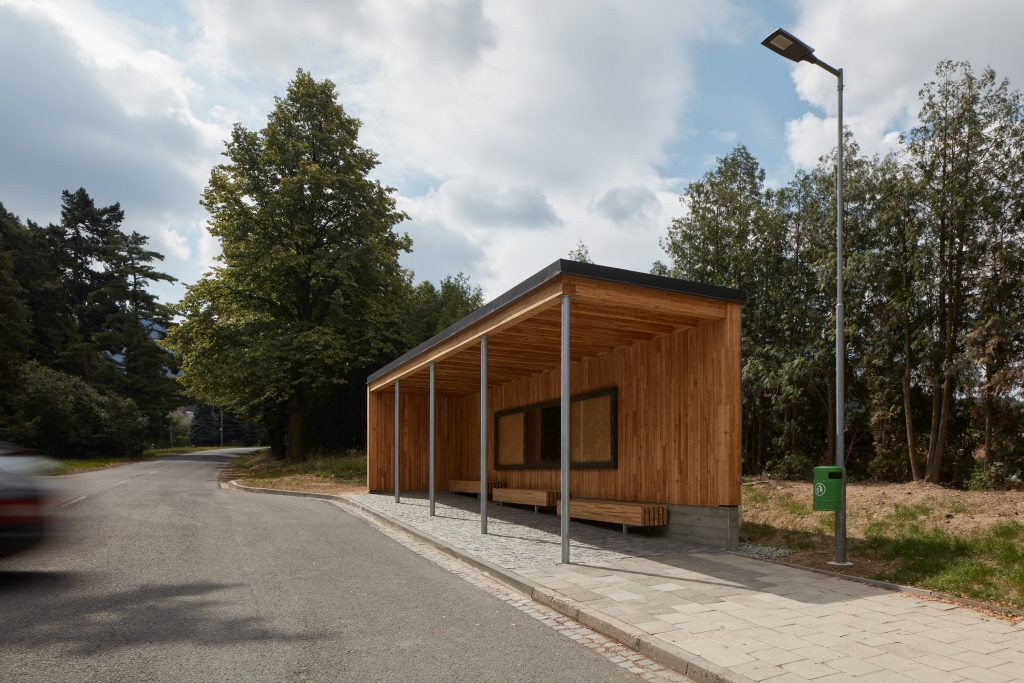
Bus Stop Design By Valarch Studio
Rima Sabina Aouf 13 May 2021 Leave a comment Station of Being is an interactive Arctic bus stop Architecture studio Rombout Frieling Lab and Research Institutes of Sweden have created the.
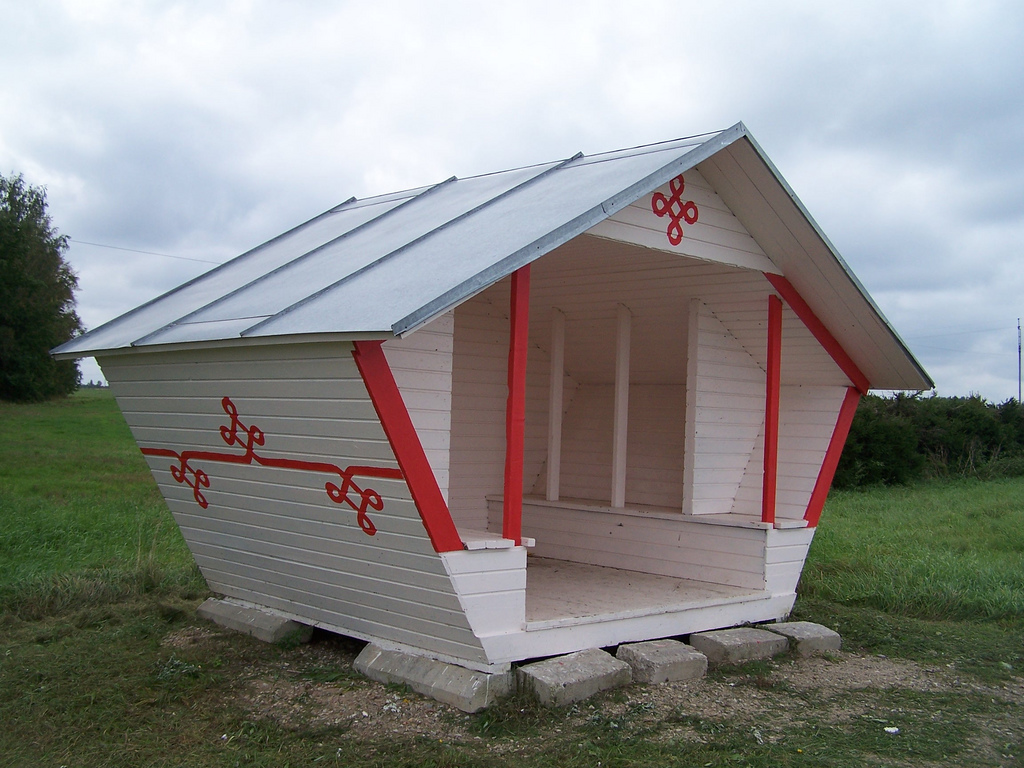
Creative Bus Stop Design
Universal Design Elements. Universal design features are critical throughout the transportation network, making it possible for any street user to comfortably and conveniently reach every transit stop. Universal street design facilitates station access, system equity, and ease of movement for all users, especially people using wheelchairs or.

Urban Furniture, Street Furniture, City Furniture, Theme Design, Booth Design, Urban Landscape
Accessible bus stop design guidance. Bus Priority Team technical advice note BP1/06, Transport for London (2006). Bus Priority Team technical advice note BP1/06, Transport for London (2006). Pull-out stops can be used for local stops adjacent to offset or curbside transit lanes to allow rapid services to pass local services.

Bus stops
A bus station is a structure where city or intercity buses stop to pick up and drop off passengers. While the term bus depot can also refer to a bus station, it refers to a bus garage. A bus station is larger than a bus stop, which is usually simply a place on the roadside where buses can stop. It may be intended as a terminal station for.
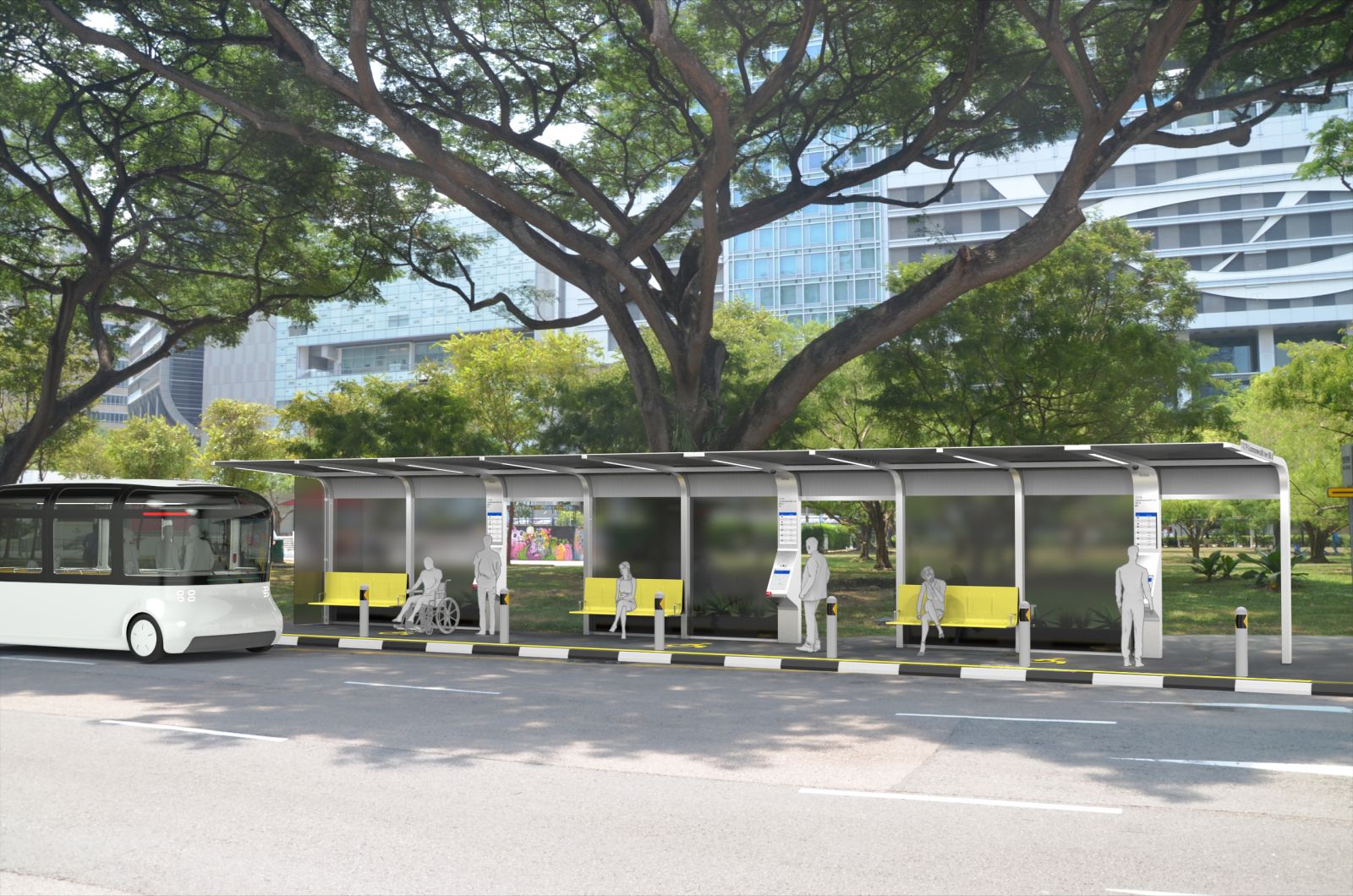
Public Transportation System Bus Stop Transport Informations Lane
Bus Stop Design Guidelines will assist the region with improving all current and future SRTA bus stops and ensuring that they are consistent. Bus stop spacing guidelines Many bus stops are too close together.

+ BUS Stop Design Concept StudentWork Folding Architecture, Concept Models Architecture
Shelter design should respond to climate and location in providing comfort to passengers. Consider the micro-climate of a specific stop in choosing a shelter design. Observe conditions at specific stops. Stops may be more or less affected by sun, wind, or rainfall depending on the arrangement of nearby buildings and trees.

BUSSTOP Unveils 7 Unusual Bus Shelters by World Class Architects ArchDaily
Stops, Spacing, Location and Design Bus Stop Spacing Bus stop spacing has a major impact on transit performance. Stop spacing affects both access time and line-haul time, and therefore affects the demand for transit service.

Pin on DCP Pavilion
This interactive bus stop concept design aims to integrate cities with interactive services, entertainment and community information, all powered by state of the art sensing technologies. The solar powered design features a bus stop that is partially covered with screens and e-INK that are touch sensitive.